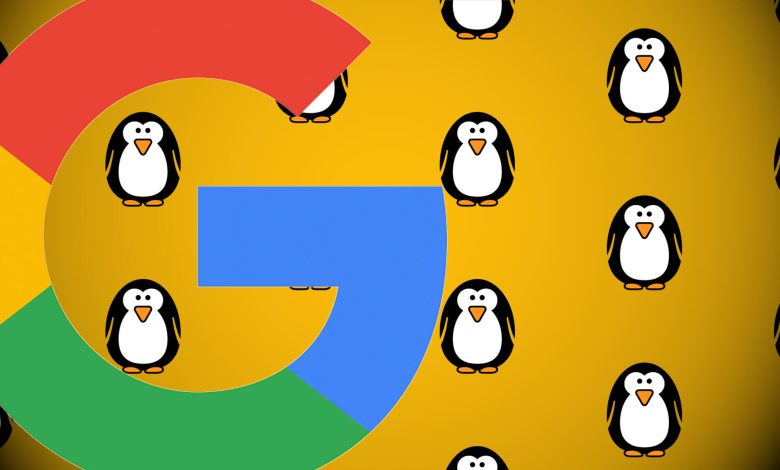Google’s Penguin Algorithm: Aims to Ignore Spammy Links But May Lead to Distrusting Your Site

In 2016, Google introduced the real-time Penguin algorithm update, informally known as Penguin 4.0. This update aimed to devalue or ignore most spammy links, shifting away from penalizing sites for bad links and instead neutralizing them by not counting them.
John Mueller, a Search Advocate at Google, recently emphasized in a video session that while Penguin tries to ignore spammy links, it can still penalize sites if a “very strong pattern” of spammy links is detected. This suggests that Penguin may not always act in a targeted manner as intended and might distrust and demote the entire site.
During a question-and-answer session, John Mueller clarified the relevance of the Penguin penalty. He explained, “For the most part, when we recognize something as problematic or spammy, we try to ignore it. However, if our systems can’t isolate and ignore these links, and if there’s a strong pattern, our algorithms might lose trust in the website. This could lead to a drop in visibility.”
Mueller’s statement indicates that while Penguin generally ignores spammy links, high levels of such links can lead to a site-wide demotion. He noted that the web is “pretty messy,” requiring Google to ignore many links. A significant drop would occur only if there’s a clear and strong pattern of spammy links associated with the site.
Mueller further clarified on Twitter that this applies to various spam and low-quality signals in Google’s algorithms. He added that if algorithms find it hard to identify anything useful amid irrelevant effects, they might become skeptical of the site overall.
Regarding whether to disavow links, Mueller reiterated that it isn’t necessary unless dealing with particularly harmful domains. While Google mostly ignores bad links, disavowing may still be useful in some scenarios.
SEO consultants also weighed in on the matter. Lily Ray, Senior Director of SEO at Amsive Digital, stressed the importance of disavowing paid or offending links when a significant number of spammy links are identified. Glenn Gabe, an SEO consultant at G-Squared Interactive, highlighted that Penguin 4 was beneficial by devaluing link spam. However, sites with an overwhelmingly spammy link profile without any quality links could still face visibility issues.
Dr. Marie Haynes, CEO of MHC Inc, noted that Google’s communication about Penguin’s impact has been inconsistent. She mentioned that while disavowing links can improve things for sites with a history of manipulative link-building, this is reserved for extreme cases.
Ultimately, careful link-building practices are essential. Avoid buying links or pursuing easy link-building methods. It’s crucial to review Google’s documented link schemes and steer clear of them. When dealing with client sites with potential link issues, decide whether a disavowal is necessary. Despite Google’s efforts to ignore bad links, focusing on building quality content that naturally attracts links can be a more effective long-term strategy.



